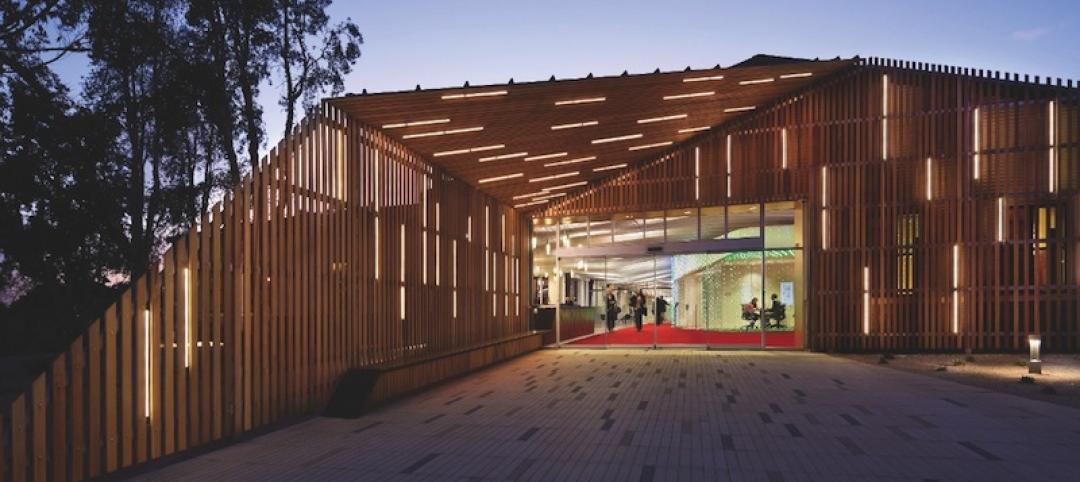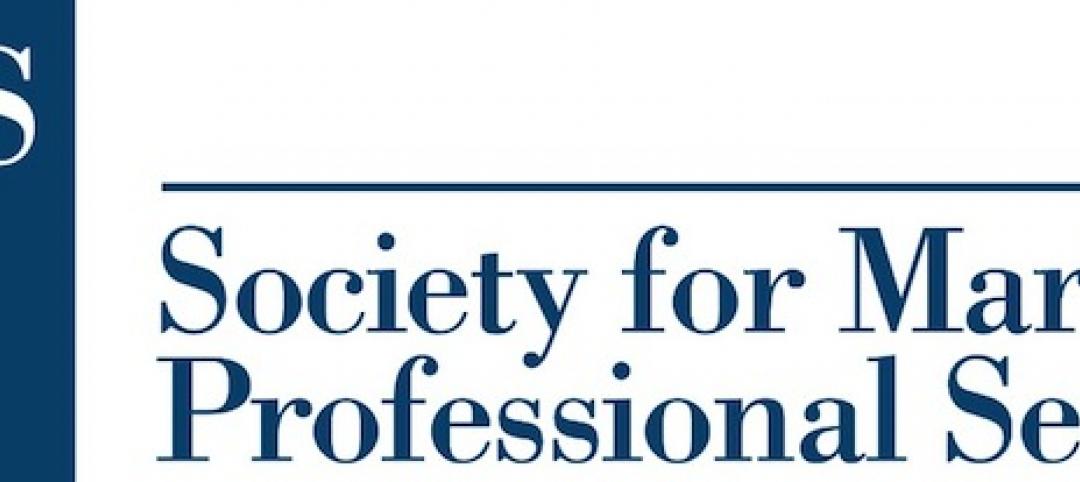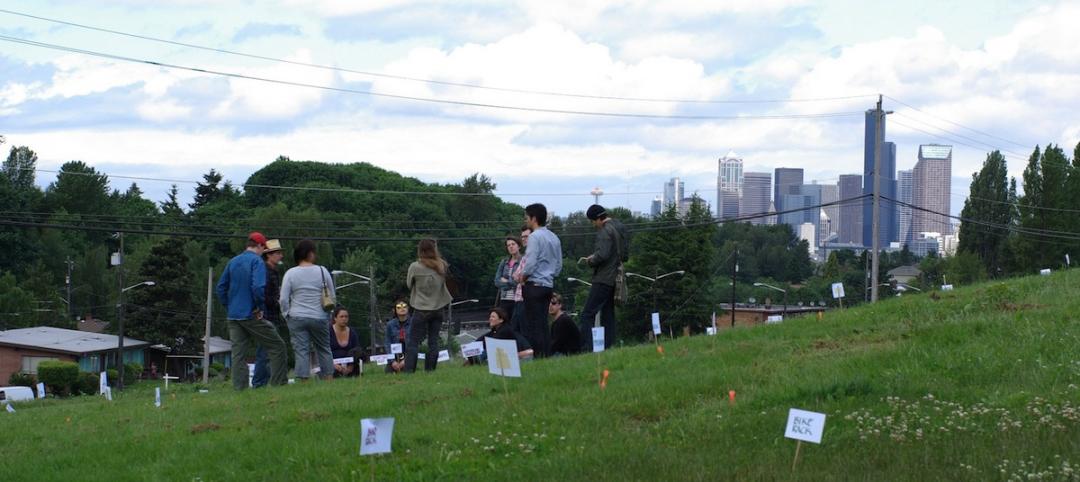The jury for the American Institute of Architects (AIA) Upjohn Research Initiative, a joint program of the College of Fellows and the Board Knowledge Committee to support knowledge sharing between practitioners and academicians, has announced the four projects selected to receive grants. The purpose of this grant, now in its ninth year, is to provide base funds for applied research projects that advance professional knowledge and practice. The 18-month long project grant qualifies recipients to have their findings and outcomes published both electronically and in a nationally distributed publication. The total award of $100,000 will be spread across the selected proposals. The four selected projects are listed below.
Auto-Shading Windows: Smart Thermobimetal Solar Blinds
Principal Investigator: Doris Sung, AIA (DOSU Studio Architecture)
With pressure from the outdoor environment such as swells in temperature, humidity, precipitation and demands from the interior to achieve variable comfort standards and evolving uses, buildings need to adjust automatically. By incorporating new, smart materials and creative assemblies, buildings now have the potential to modulate changes throughout the day. Smart materials require no added energy or computer controls. Thermobimetal is a smart material that automatically curls when heated and, when utilized strategically, can help liminal building surfaces automatically and optimally respond to temperature changes and direct sunlight. This proposal seeks funding to build a window prototype that will automatically block up to 90 percent of the sunlight entering a building while retaining a high level of visibility and view throughout the day. The net effect of this zero-energy system is energy and cost savings.
Building Resilience: A Tool for Planning & Decision-making
Principal Investigator: David Fannon, AIA (Northeastern University)
Recent events show the urgency of designing resilient new buildings and upgrading existing ones. However, it is not clear which combinations of attributes make buildings more likely to maintain useful function and adapt in the face of disturbances. Furthermore, buildings can be assessed based on the impacts from and contributions they make to the robustness, redundancy, resourcefulness and rapidity to recover of surrounding urban ecological systems. These are critical questions for architects, communities, and businesses, and yet there is very little information to guide decision-making about resilient building attributes. To meet this need, this project will develop a web-based tool to evaluate and compare multiple dimensions of resilience and sustainability in buildings, including technical and socio-ecological performance, energy use, and lifecycle impacts.
Clothesline Sunpower: PV Papeles
Principal Investigator: Kristina Yu, AIA (University of New Mexico; McCLAIN + YU Architecture & Design)
This proposal aims to demonstrate the design opportunities of the mobile installation of a new system of photovoltaics also known as solar panels. This investigation will examine the energy capture difference between the separate but related test project of the microelectronic photovoltaic (MEPV) taut mechanical shade system vs. this proposal’s novel design for a mobile simple install of a Clothesline Sunpower: PV Papeles MEPV system. The Clothesline Sunpower: PV Papeles MEPV system aims to capture sufficient to abundant energy to supply a home without the cumbersome and panelized PV panels which require extensive installation and space requirements. The MEPV technology affords a higher level of energy capture while providing a new tactility and versatile flexibility uncommon to PV systems today. The researchers aim to simplify the component pieces of the current MEPV taut shade and to create a functional temporary MEPV system that has the duality of ‘ease of install’ and ‘ease of use.’ Much like placing clothes on a line to dry in limited vertical spaces, the panels, with visual and high efficient variety, can be placed outside to collect the sunpower to harness and store within the interior space.
Point-of-Decision Design (PODD) to Support Healthy Behaviors in the College Campuses
Principal Investigators: Upali Nanda, Assoc. AIA, and Michelle Eichinger (Center for Advanced Design Research and Evaluation – CADRE/HKS; Designing4Health)
This research study aims to address the causes of weight gain, also known as obesogenic, in students on college campuses by answering the question: how can we make the healthy choice an easy choice through the design of critical point of decision prompts? The hypothesis is that well-designed point of decision prompts can promote healthier choices by students that can have a ripple effect on mental and physical health related to obesity. At each point of decision, design can help/hinder the healthier choice. There is a need to collate the vast information in planning and public health domains on a range of successful point of decision prompts and translate it into architectural guidelines that help define the edge condition for critical point of decision prompts. The researchers propose to develop a POD (point of decision) Design Guide and Analysis Tool.
Related Stories
| Apr 15, 2013
Advanced lighting controls and exterior tactics for better illumination - AIA/CES course
To achieve the goals of sustainability and high performance, stakeholders in new construction and renovation projects must rein in energy consumption, including lighting. This course presents detailed information about lighting control strategies that contribute to energy efficient buildings and occupant well-being, as well as tips for lighting building exteriors effectively and efficiently.
| Apr 15, 2013
eBay, Microsoft, Walt Disney World among keynote speakers for 2013 SMPS Conference, July 31 – August 2 in Orlando
The Society for Marketing Professional Services (SMPS) is pleased to announce the keynote speakers for ?Build Business: Dream Big!,? its 2013 conference to be held July 31 – August 2 at the Walt Disney World® Swan and Dolphin in Orlando.
| Apr 15, 2013
Using software and the power of the cloud to connect your back office to your field operations [webinar]
This webinar will focus on a new software subscription service that will help construction companies, general and specialty contractors connect their back office infrastructure with all of their field operations. The service will help capture, manage and report on the progress of existing construction jobs and help in the planning of new ones.
| Apr 12, 2013
Nation's first 'food forest' planned in Seattle
Seattle's Beacon Food Forest project is transforming a seven-acre lot in the city’s Beacon Hill neighborhood into a self-sustaining, edible public park.















